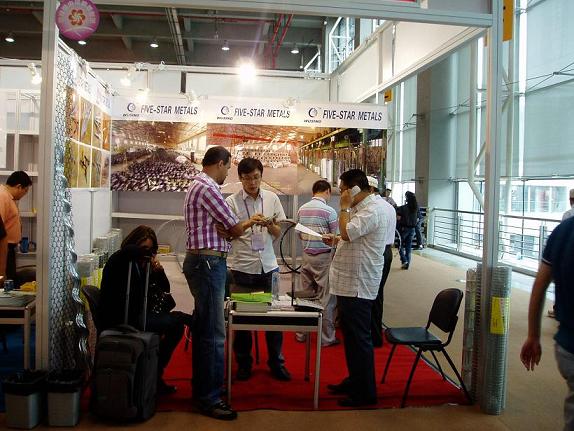Ideal Field and Cattle Mesh Fencing Solutions for Livestock Management
The Best Field Fence and Cattle Mesh Fence A Comprehensive Guide
When it comes to securing agricultural fields and managing livestock, choosing the right type of fencing is crucial. Among the various options available, field fences and cattle mesh fences stand out as reliable solutions for farmers and landowners. This article will explore the features, benefits, and considerations for selecting the best field fence and cattle mesh fence for your needs.
Understanding Field Fences
Field fences, also known as stock fences, are designed to contain livestock within a designated area while preventing wildlife from intruding. These fences are typically constructed from wire strands that are woven together, often with the bottom row of wires spaced closer together to deter smaller animals. They are versatile and can be used for a variety of animals, including cattle, sheep, and goats.
The height and spacing of the wires can vary, making it important to select a field fence that is appropriate for the specific animals you are managing. Generally, field fences range from 34 to 48 inches in height. Their durable construction means they can withstand harsh weather conditions and the physical pressures brought on by animals trying to push against the fence.
Benefits of Field Fences
One of the key advantages of field fences is their strength. Made from high-tensile steel or galvanized wire, these fences are both durable and resistant to rust and corrosion. This longevity ensures that farmers will not frequently need to replace or repair them, ultimately saving time and money.
Additionally, field fences provide a relatively unobstructed view of the pasture or field, allowing for easy monitoring of livestock
. This transparency is beneficial for ensuring the safety and health of your animals, as it allows farmers to spot potential issues early on.Introduction to Cattle Mesh Fences
best field fence/cattle mesh fence

Cattle mesh fences are a specific type of field fence that is particularly effective for containing cattle. These fences feature a grid-like structure formed by vertical and horizontal wires. The mesh openings vary in size, which can be adjusted depending on the type of livestock being contained. The common dimensions for cattle mesh fences typically range from 4 inches to 6 inches between horizontal wires.
Cattle mesh fences can be installed with wooden, metal, or vinyl posts, providing a robust solution for keeping cattle secure. Like field fences, they are also made from high-quality materials designed to withstand various environmental conditions.
Advantages of Cattle Mesh Fences
One of the primary benefits of cattle mesh fences is their ability to contain larger animals securely. The tight mesh design prevents cattle from pushing through or getting entangled. Furthermore, their height and construction can minimize the risk of cattle jumping over the fence, making them especially suitable for particularly agile breeds.
Cattle mesh fences also offer added security against predators, ensuring that your livestock will be protected from outside threats. The robust construction of these fences can deter even the most determined intruders, providing peace of mind to farmers.
Important Considerations
When selecting a field fence or cattle mesh fence, several factors should be taken into account
1. Animal Type Different animals require different fence designs. Ensure that you choose a fence suitable for the species you are managing. 2. Terrain Consider the type of land where the fence will be installed. Rocky or uneven terrain may require more robust fencing solutions. 3. Budget Quality fencing can vary in price; however, investing in durable materials can save money in the long run due to reduced maintenance and replacement costs. 4. Local Regulations Always check local laws or farming regulations, as there may be specific fencing requirements in your area.
In conclusion, both field fences and cattle mesh fences are excellent options for agricultural needs. By understanding the unique features and benefits of each type, farmers can make informed decisions to ensure the safety and productivity of their livestock while optimizing their agricultural operations.
-
The Durability and Versatility of Steel Wire
NewsJun.26,2025
-
The Best Iron Nails for Your Construction Projects
NewsJun.26,2025
-
Strengthen Your Projects with Durable Metal Stakes
NewsJun.26,2025
-
Get the Job Done Right with Duplex Nails
NewsJun.26,2025
-
Explore the Versatility and Strength of Metal Mesh
NewsJun.26,2025
-
Enhance Your Security with Razor Wire
NewsJun.26,2025














